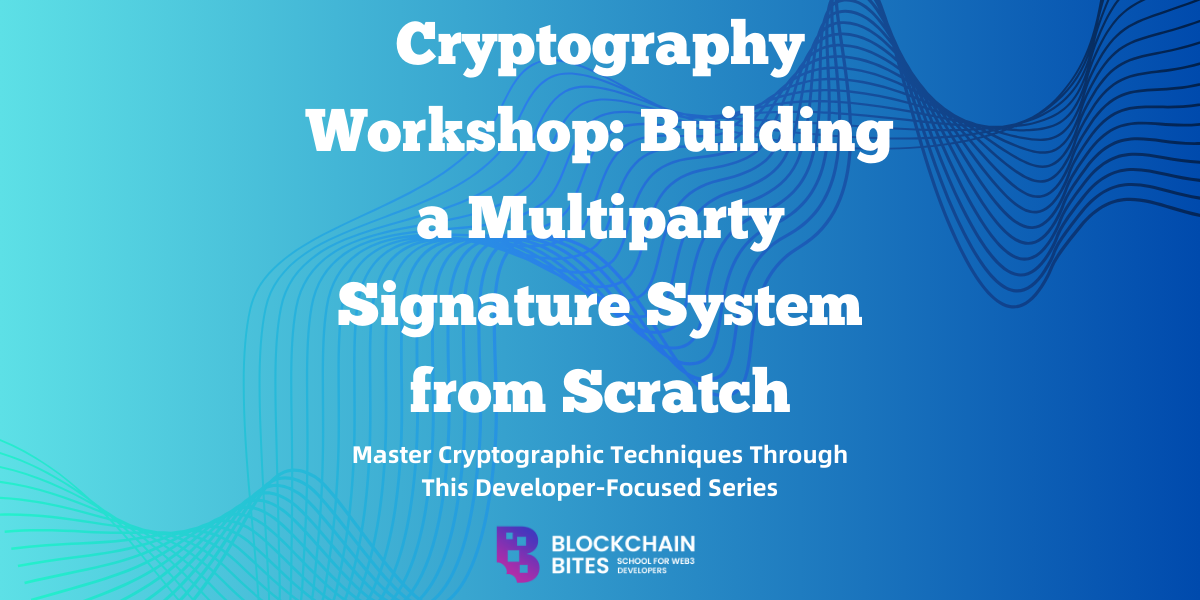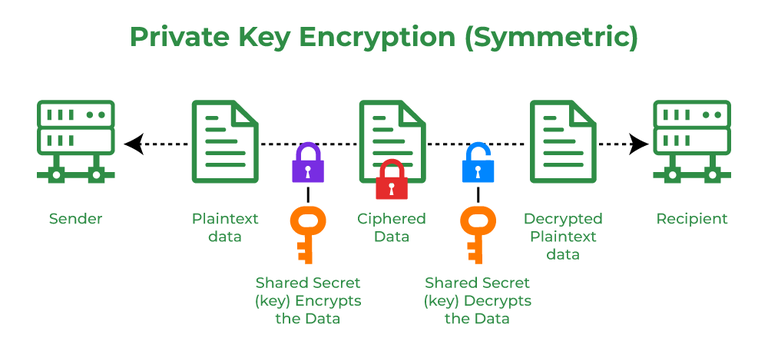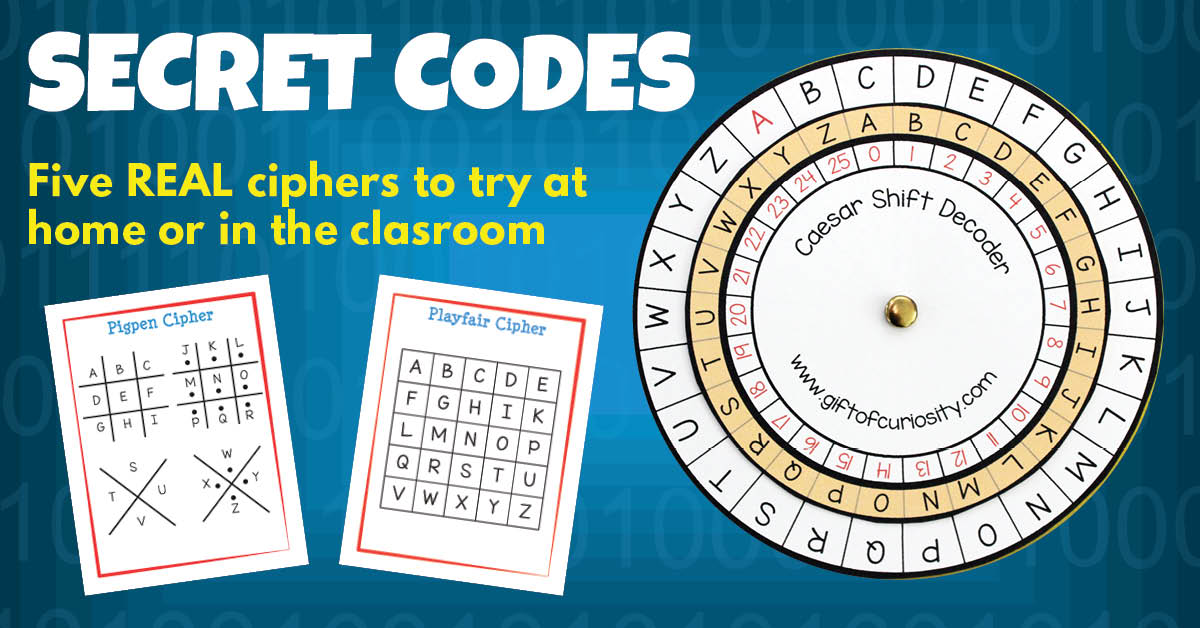Hey friend! Ever feel like you're living in a spy movie? Want to send secret messages that only *you* and your bestie can decode? Well, buckle up, because we're diving headfirst into the totally rad world of cryptography!
Cryptography? Sounds scary, right? Nah! Think of it as a puzzle. A really, really fun puzzle where you get to play with codes and ciphers. It’s basically the art of secret writing. Cool, huh?
First Things First: The Building Blocks
Okay, so where do we even start? Glad you asked! Let’s break it down. Think of crypto like Lego bricks. You gotta learn what each brick does before you can build a castle.
Alphabet Soup: Get cozy with the alphabet. Seriously. You’ll be manipulating letters, numbers, and symbols. Practice makes perfect, so start playing with letter frequencies. Did you know the letter 'E' is the most common letter in the English language? Mind. Blown.
Number Crunching: Don't run away! We're not talking calculus here. Basic math skills are your friend. You'll need to understand modular arithmetic (basically, remainders after division – super useful for ciphers!), prime numbers (they're picky and only divisible by 1 and themselves!), and maybe a *little* bit of algebra. But hey, Google is your friend too! Don't be afraid to look stuff up. There are also online calculators to do a lot of the math, just knowing where and what to ask for is half the battle!
Binary Bonanza: Computers think in 0s and 1s. That's binary! Understanding binary will help you grasp how modern cryptography works. Think of it as a secret language *computers* use. It's surprisingly easy to pick up. It is base 2 instead of base 10, but once you understand the rules, the applications abound.
Dive into the Classics: Old-School Cool
Time travel, anyone? Let's explore some classic ciphers. These are like the vintage cars of cryptography. They might not be as powerful as a modern algorithm, but they're definitely stylish and a great place to start.
Caesar Cipher: This is *the* OG of ciphers. Julius Caesar used it to send secret messages to his generals. It's super simple: you just shift each letter a certain number of places down the alphabet. For example, shifting 'A' by 3 becomes 'D'. Easy peasy, lemon squeezy. This is a substitution cipher that is *very* easy to break nowadays. But don't worry. It's just for fun and education!
Vigenère Cipher: A step up from Caesar. It uses a keyword to shift letters, making it a bit harder to crack. It was once considered unbreakable! (Spoiler alert: it's not anymore). Still, it's a classic for a reason. One of the biggest hurdles back in the day was just knowing what keyword was used. These days computers would easily crack this. You can even *play* with a Vigenère Cipher online.
Substitution Ciphers: These ciphers replace one letter with another. Think of it like a code word for each letter of the alphabet. A bit tedious to do by hand, but totally doable! You can even create your *own* substitution cipher. That's where the real fun starts!
Modern Marvels: The Digital Age
Alright, let’s fast forward to the present. Say goodbye to parchment and hello to computers! Modern cryptography is all about algorithms and key exchanges.
Symmetric-Key Cryptography: This uses the *same* key for both encryption and decryption. Think of it as a lock with only one key. AES (Advanced Encryption Standard) is a popular example. It's fast and efficient. A secret to share is: This is the standard used by the US government. It's pretty secure.
Asymmetric-Key Cryptography: This uses *two* keys: a public key and a private key. Anyone can encrypt a message using your public key, but only you can decrypt it with your private key. Think of it like a mailbox. Anyone can drop a letter in (encrypt), but only you have the key to open it (decrypt). RSA (Rivest-Shamir-Adleman) is a widely used example. This is really important for secure online transactions. You use this every single day whether you realize it or not.
Hashing: This is like a one-way street. You can turn any data into a unique "fingerprint" (a hash), but you can't go back to the original data. It's used for verifying data integrity. Imagine needing to verify a software update. A checksum is created with hashing for comparison. If it is the same as the original, you know the file is good!
Resources Galore: Your Crypto Toolkit
So, how do you actually *learn* all this stuff? Fear not! There are tons of resources out there.
Online Courses: Websites like Coursera, edX, and Khan Academy offer courses on cryptography. Some are free, some require a fee. Look for introductory courses to get your feet wet.
Books: "The Code Book" by Simon Singh is a fantastic introduction to the history and science of cryptography. "Serious Cryptography" by Jean-Philippe Aumasson is also excellent and more technical.
Websites and Blogs: Websites like CryptoHack provide challenges and tutorials. Follow crypto blogs to stay up-to-date on the latest news and research. There are entire forums and subreddits dedicated to cryptography.
Practice, Practice, Practice: The best way to learn is by doing! Try implementing simple ciphers in code. Participate in cryptography challenges. Experiment and have fun! Don’t be afraid to break things. That's how you learn!
Why Bother? It's All Just Fun!
Learning cryptography might seem daunting, but it's actually incredibly rewarding. You'll gain a deeper understanding of how the internet works, how to protect your data, and how to think like a spy (who doesn’t want that, right?).
Plus, it's just plain *fun*! You can impress your friends with your secret code skills. You can solve puzzles and challenges. You can even design your own ciphers! So, grab your notepad, fire up your computer, and get ready to unlock the mysteries of cryptography. Happy coding, er, decoding!





